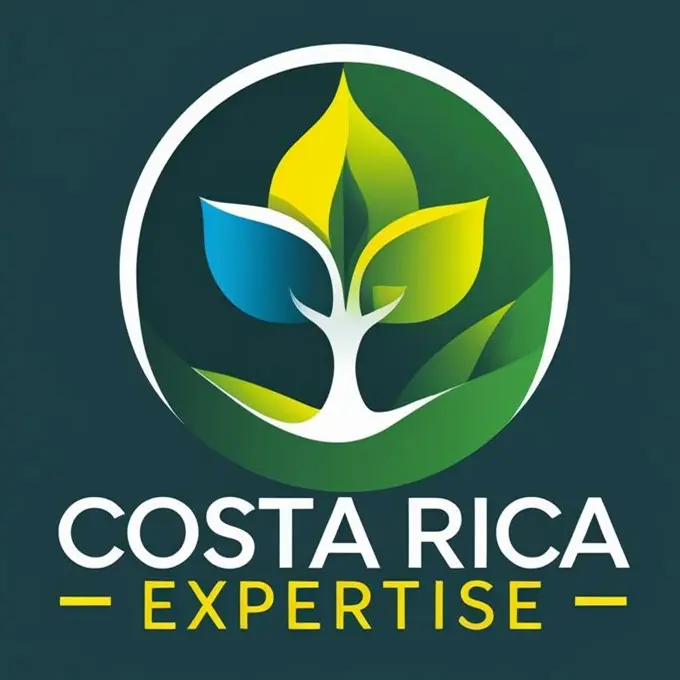Keep Your Legal Books Safe in Costa Rica
Every Costa Rican company must keep libros legales—official books proving ownership and decisions. Whether held by your notary or by you, keeping them safe, updated, and accessible is essential to protect your company.

Why It Matters
In Costa Rica, every sociedad anónima (S.A.) and sociedad de responsabilidad limitada (S.R.L.) must maintain legalized corporate books (libros legales). These books record key corporate acts, including the minutes of meetings, and serve as proof of ownership through the Registro de Accionistas (S.A.) or Registro de Cuotistas (S.R.L.).
Notaries often hold these books for safekeeping or convenience—a common and lawful practice. What matters most is that you always know where your books are, that they’re up to date, and that you can access them quickly when your company needs to sign minutes, transfer shares, or grant powers of attorney.
Losing track of them can delay transactions, increase costs, and even put your ownership records at risk.
Get clear, practical insights on life and business in Costa Rica.
Join our free weekly newsletter — ad-free, spam-free, and trusted by expats, investors, and retirees across Costa Rica.
What the Law Requires
Legal Basis and Changes
Articles 251–271 of the Código de Comercio and Article 53 of the Código de Normas y Procedimientos Tributarios require every company, active or inactive, to keep legalized books.
The former requirement to maintain physical accounting books—such as the Diario, Mayor, and Inventarios y Balances—was removed beginning with the 2013 fiscal period under the Ley de Fortalecimiento de la Gestión Tributaria, which reformed Article 251 of the Commercial Code.
Companies must still maintain accurate accounting records and backups of the data, but these may now be digital, provided they clearly reflect commercial operations and comply with Costa Rica’s adopted International Financial Reporting Standards (IFRS).
Required Books per Structure
- An S.A. keeps three books:
- Actas de Asamblea de Accionistas – shareholders’ minutes.
- Registro de Accionistas – shareholder registry.
- Libro de Actas de Junta Directiva – board minutes.
- An S.R.L. keeps two:
- Actas de Asamblea de Cuotistas – quota-holders’ minutes.
- Registro de Cuotistas – quota-holders’ registry.
Without these books, a company cannot legally record or register shareholder decisions. In short: no books, no moves.
The Risks of Losing Track of Them
Common Pitfalls
- Lost or inaccessible books – Large firms handle hundreds; solo notaries may lack proper systems. Access can take days—or longer.
- Custodianship fees – Some professionals charge annual “holding” fees or per-entry costs.
- Administrative bottlenecks – If your notary is unavailable, approvals or signatures can stall.
- Potential abuse – Rare, but misuse of access has occurred; transparency is essential.
- Neglect and decay – Unupdated or missing books can paralyze a company. If the originals are lost, replacing them requires a notarial procedure called a reposicón de libros, a costly, time-consuming process that can take weeks or months.
A Safer, Smarter Way to Keep Them Secure
Modern rules—and common sense—favor responsible custody, not necessarily personal possession. Whether your notary, attorney, or company secretary holds the books, the key is control and accountability.
Step-by-Step Protection Plan
- Locate the books – Confirm their location and condition with your notary or corporate secretary.
- Verify legalization – Each book must display a número de legalización from the Registro Nacional. Replace or re-legalize if missing.
- Keep them safe – Store in a dry, secure space or fireproof safe. Avoid exposure to humidity or pests.
- Designate a custodian – Name a person (secretary or manager) responsible for tracking and reporting their status.
- Update regularly – Record each meeting’s minutes (actas) chronologically, printed, signed, and inserted properly.
- Back up digitally – Scan or photograph every entry. Digital copies protect against loss or theft while keeping originals compliant.
Quick Compliance Check
Use this five-minute audit once a year:
| Question | Why It Matters |
|---|---|
| Who physically holds the books? | Ensures access when needed. |
| Are entries current and signed? | Outdated books block legal changes. |
| Are legalization numbers visible? | Confirms validity before the Registro Nacional. |
| Does the company still own assets? | Dormant companies cost money to maintain. |
| Who has power of attorney? | Keep POAs aligned with the latest actas. |
If you can’t answer all five, ask your notary to review and update them with you.
A Note on Virtual Meetings
The Registro Nacional now allows online board and shareholder meetings unless a company’s bylaws forbid them. This makes it easier to prepare actas remotely and later add them to the physical books.
Your notary must still notarize (protocolizar) minutes that require official registration, but digital meetings simplify coordination and record-keeping.
Expert guidance for expats in Costa Rica.
Join our free weekly updates—practical, ad-free, and easy to read.
Keep Control — Keep Peace of Mind
Your company’s legal books are not decoration—they’re your proof of ownership and continuity. Whether stored with your notary or in your office, the goal is the same: keep them safe, updated, and within reach.
Treat them like property titles—protected, organized, and respected.
Call to Action
Take an hour this week: confirm where your books are, verify that entries are current, and create a digital backup. If you need guidance auditing or replacing them, Costa Rica Expertise can help.
Need Help? Talk to a trusted professional or contact us for a quick reply.
